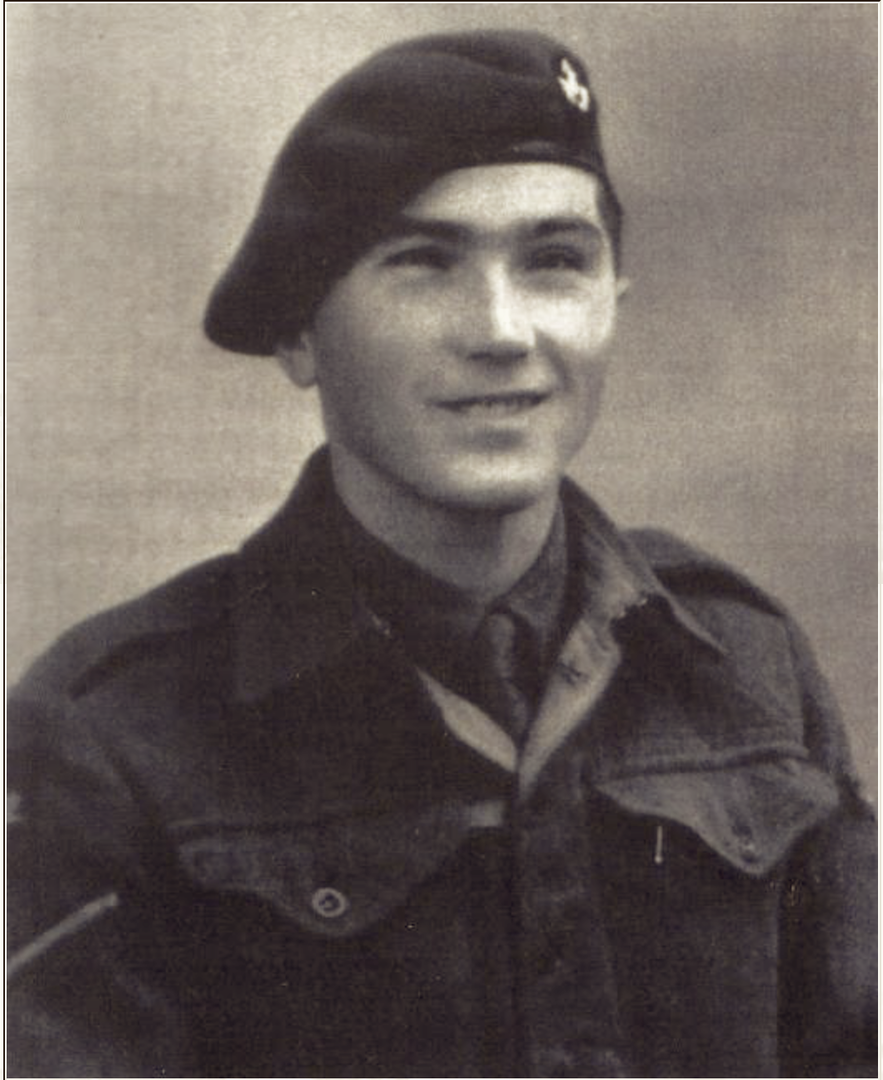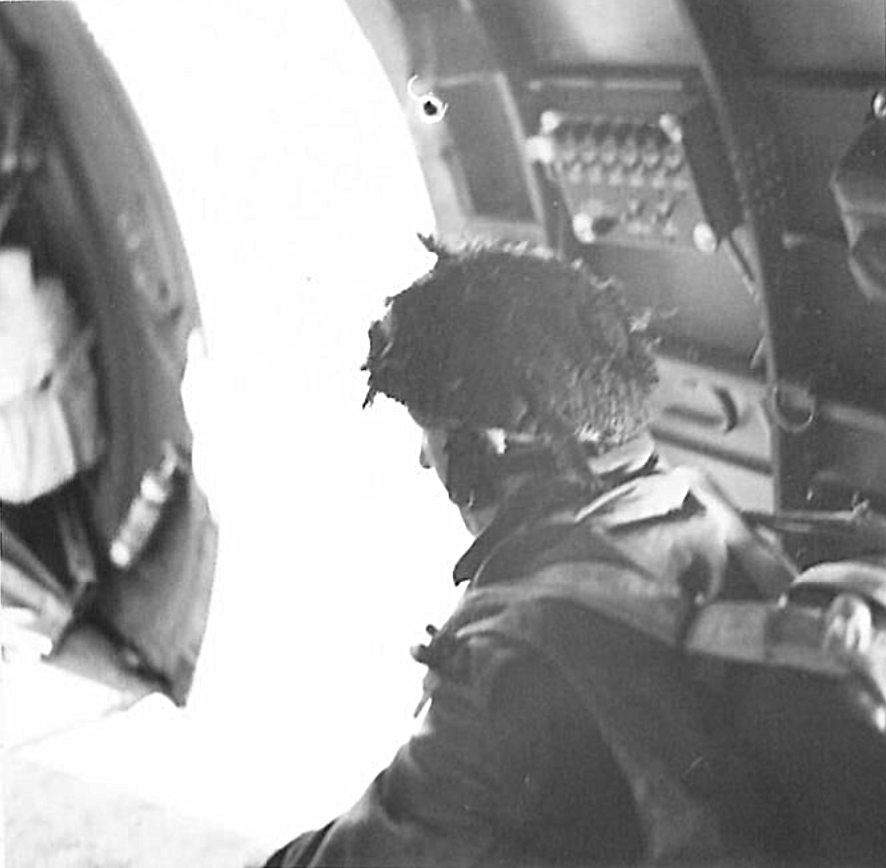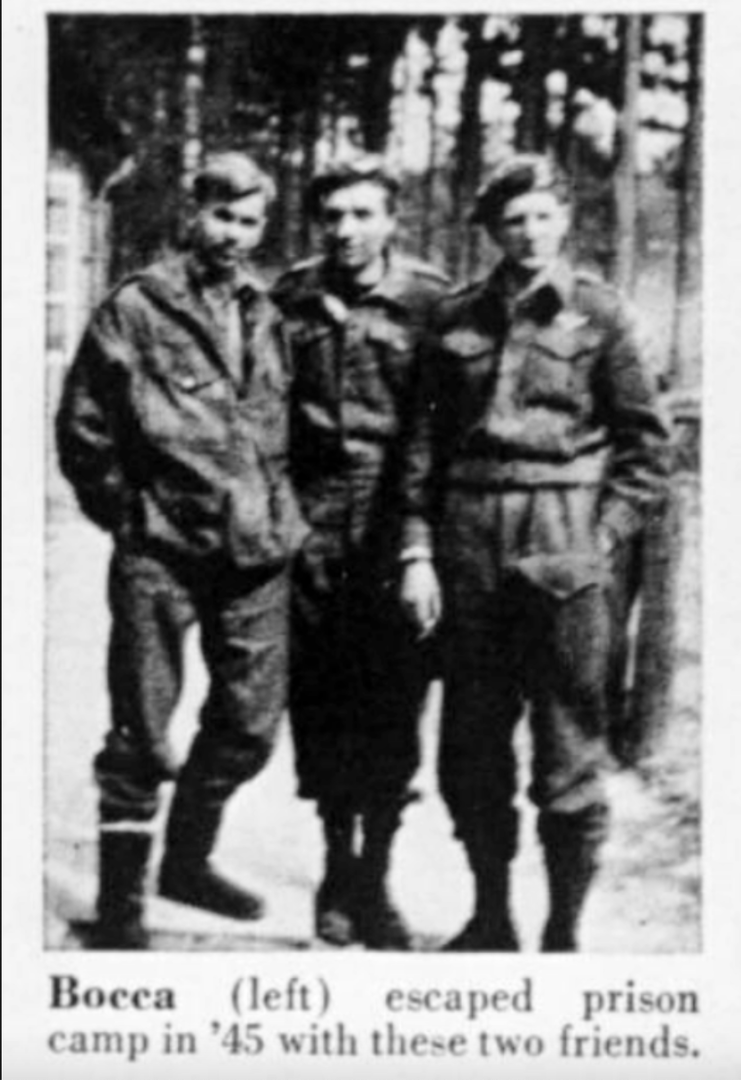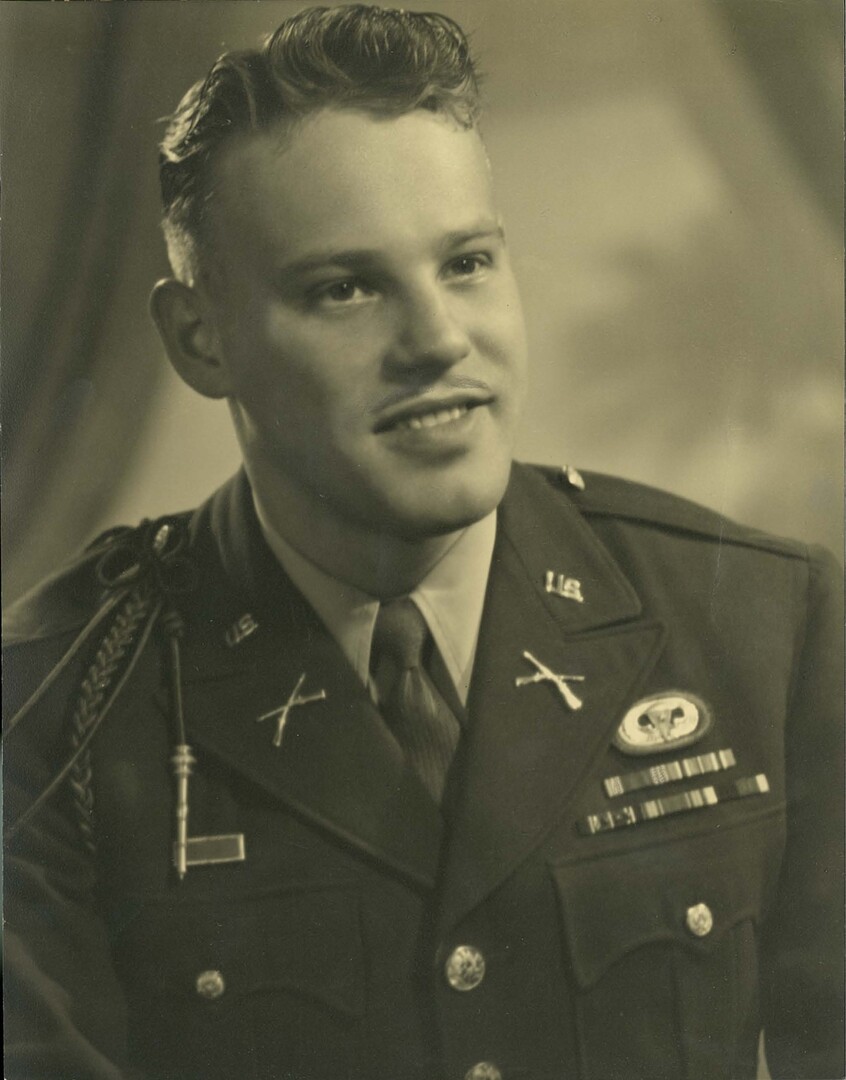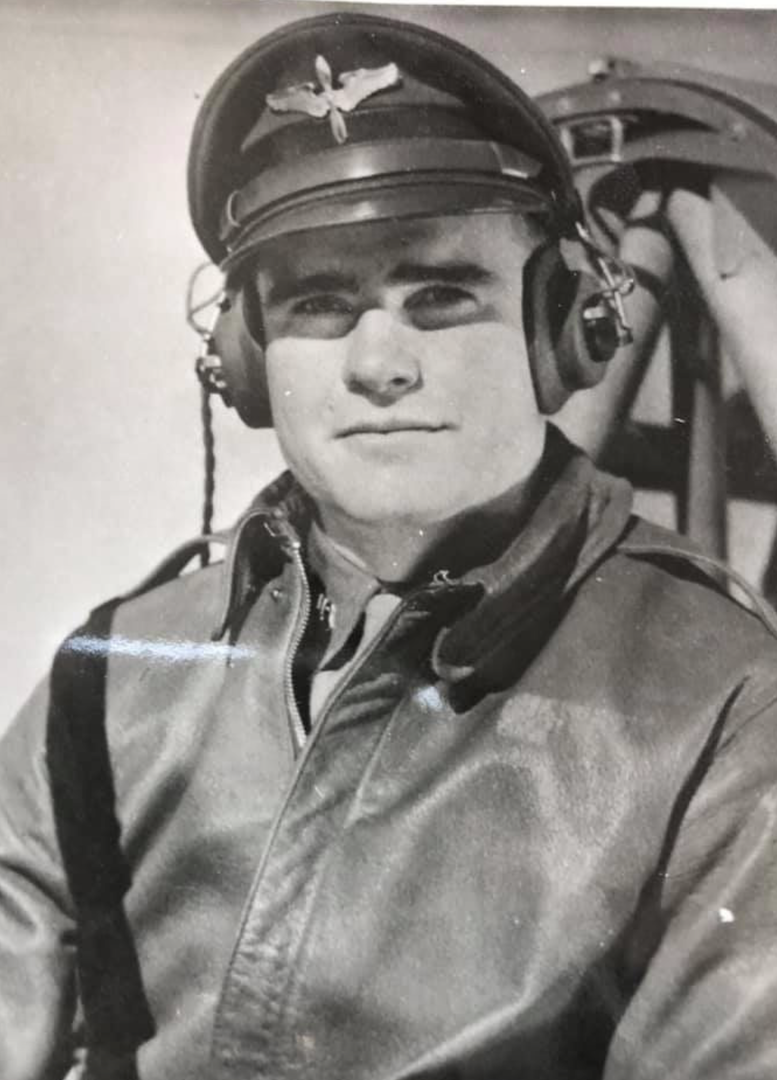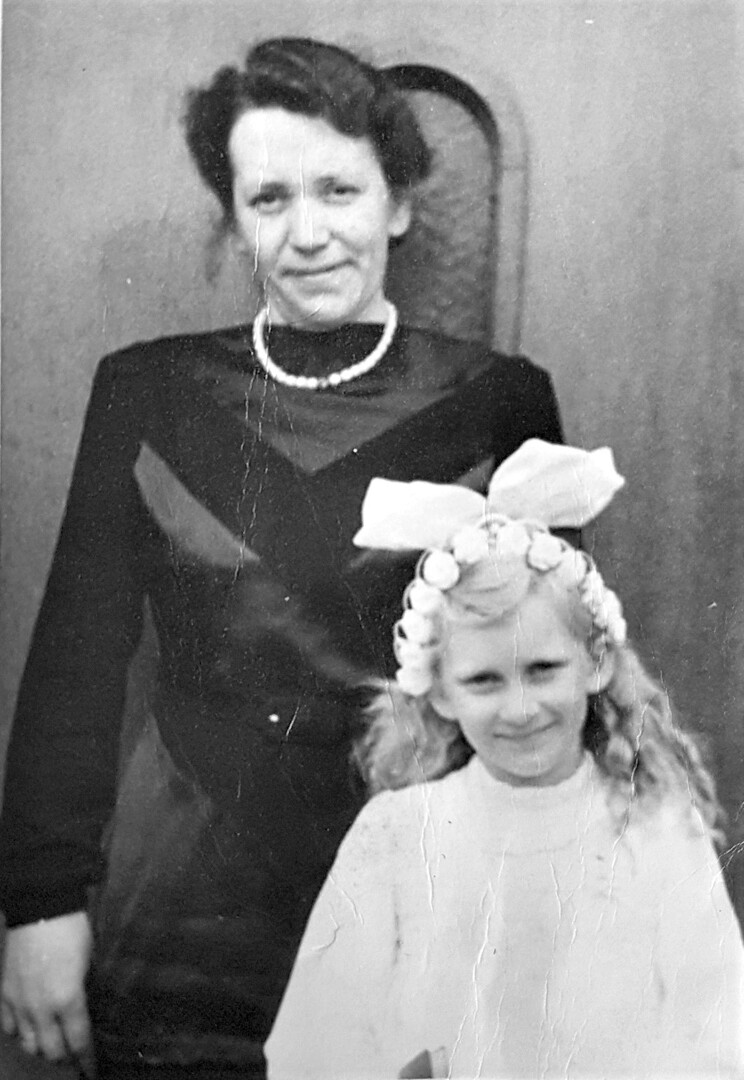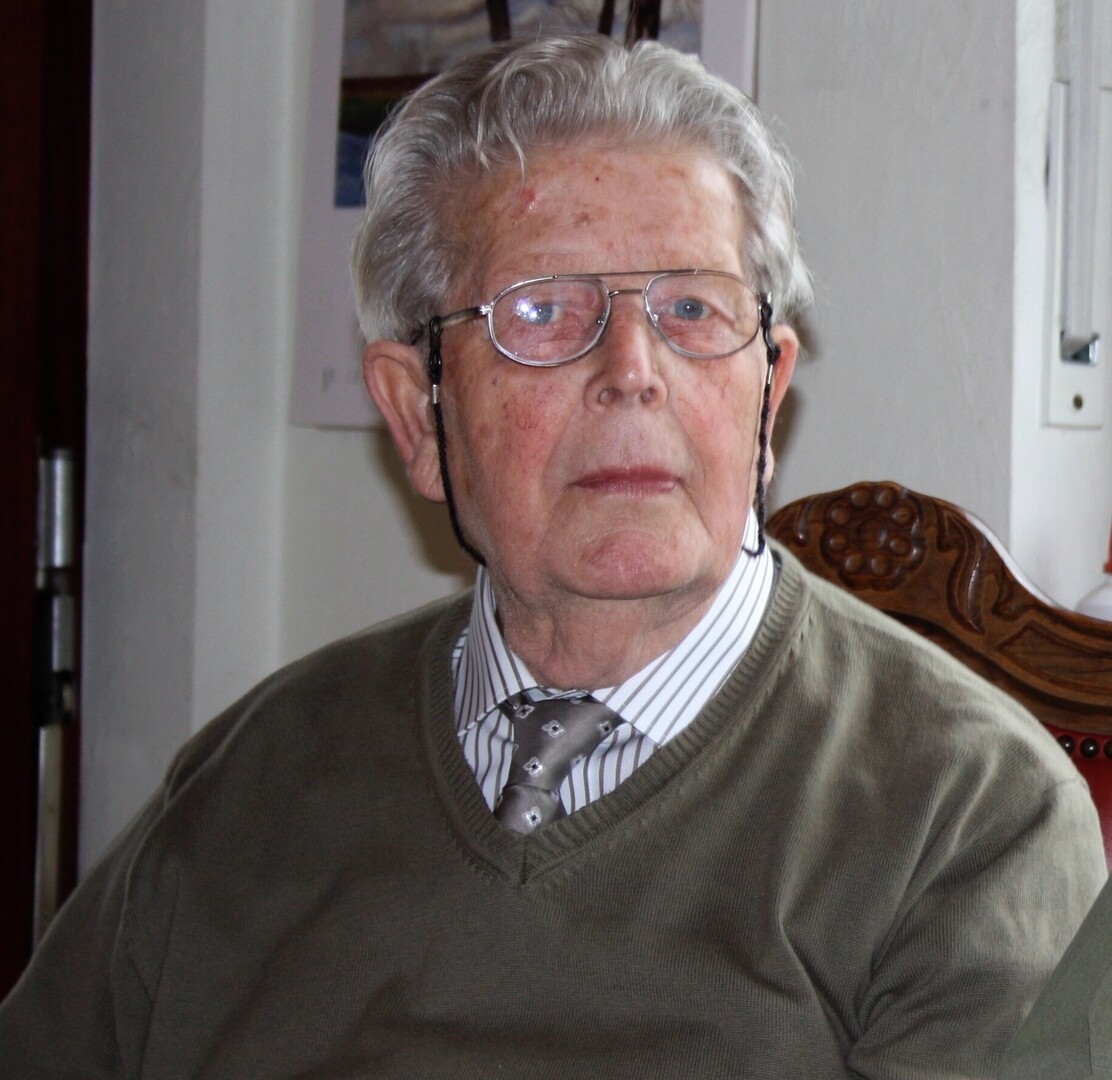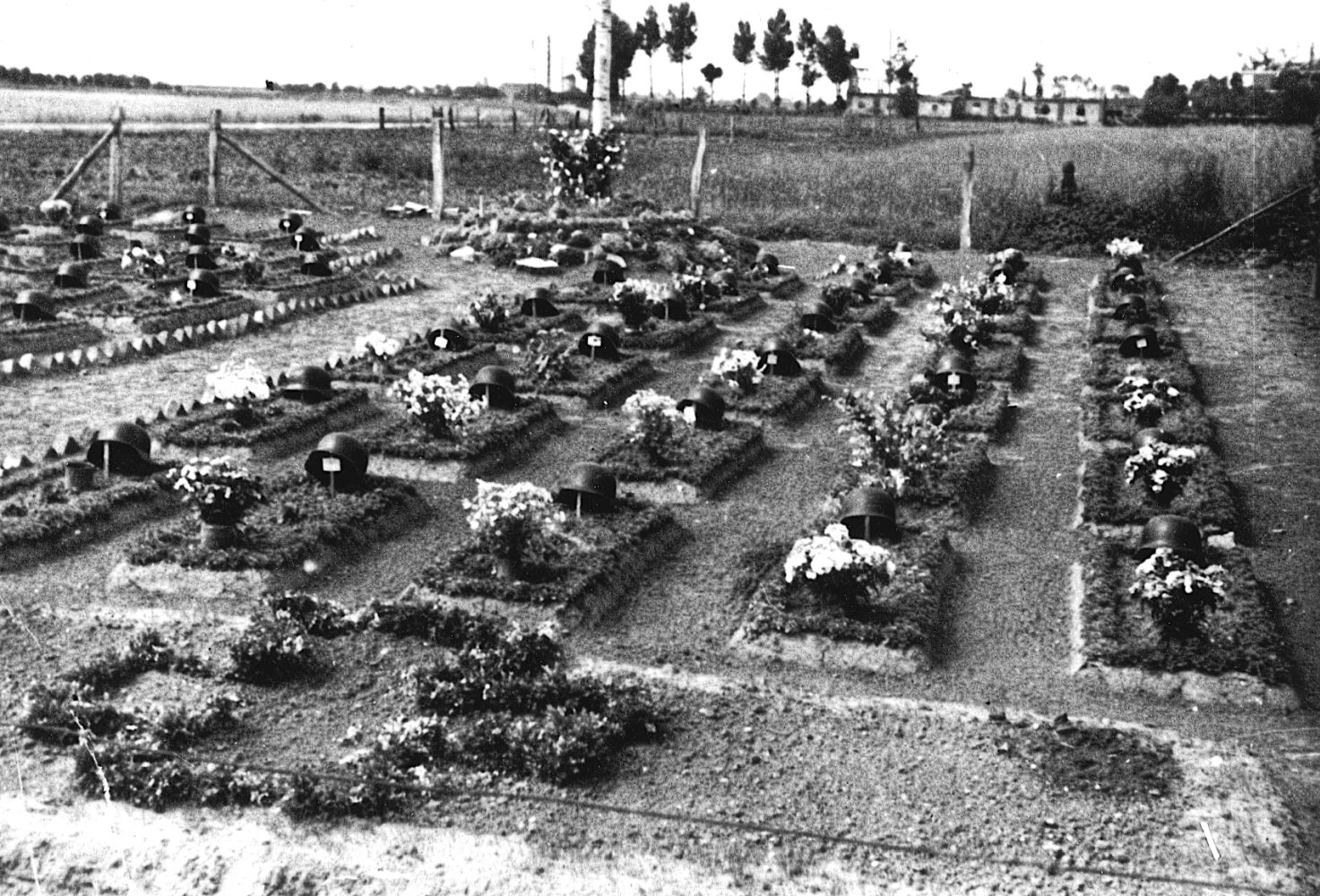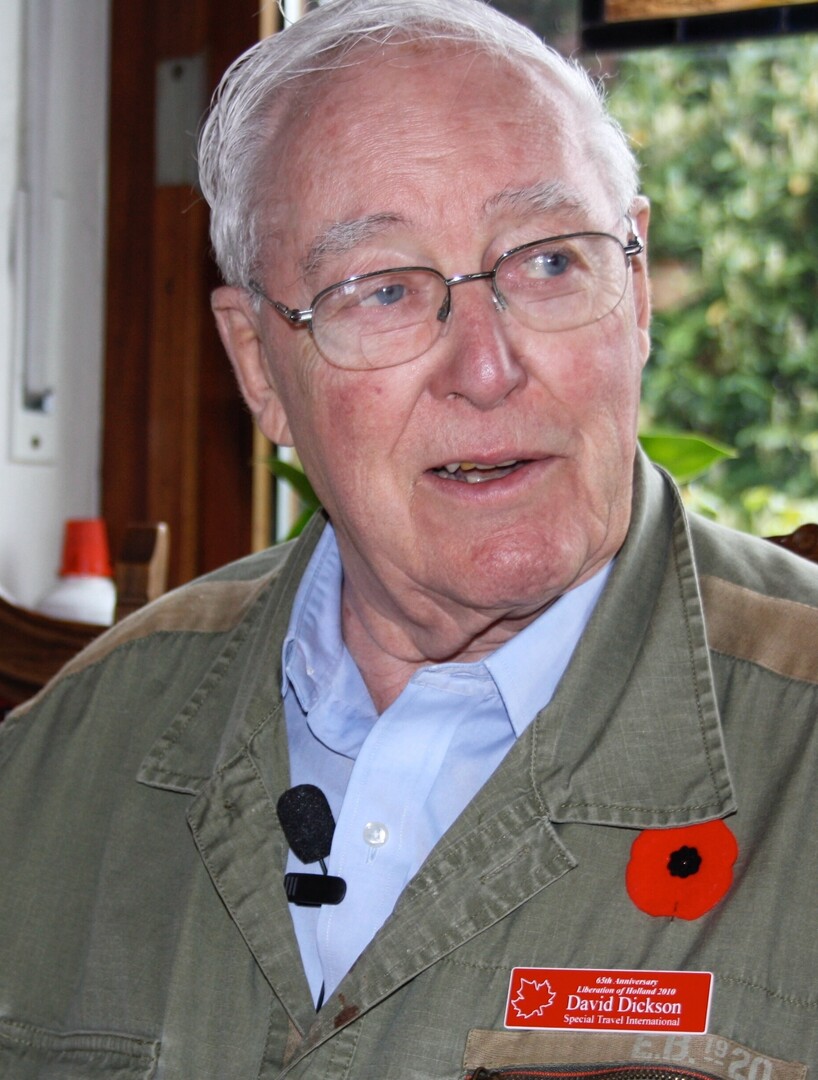20 year-old Lance Corporal Godfrey Yardley served in the 2nd Battalion of the Oxfordshire and Buckinghamshire Light Infantry. This unit of approximately 800 men was part of British 6th Airborne Division. On March 24th, 1945, the battalion was to land in 66 gliders near the Issel River north of Hamminkeln railway station. Each British "Horsa" glider had a capacity to carry 25 soldiers, which was the equivalent of a platoon. Flying at the head of the formation Yardley's aircraft was one of the first to reach the landing zone. His battalion would suffer heavy losses during the airborne operation – 104 men from the unit were killed. Today, a memorial stone on Güterstrasse at the Hamminkeln railway station commemorates the victims.
